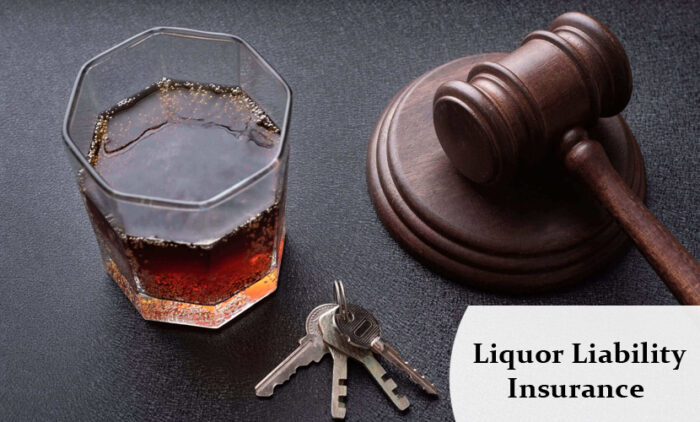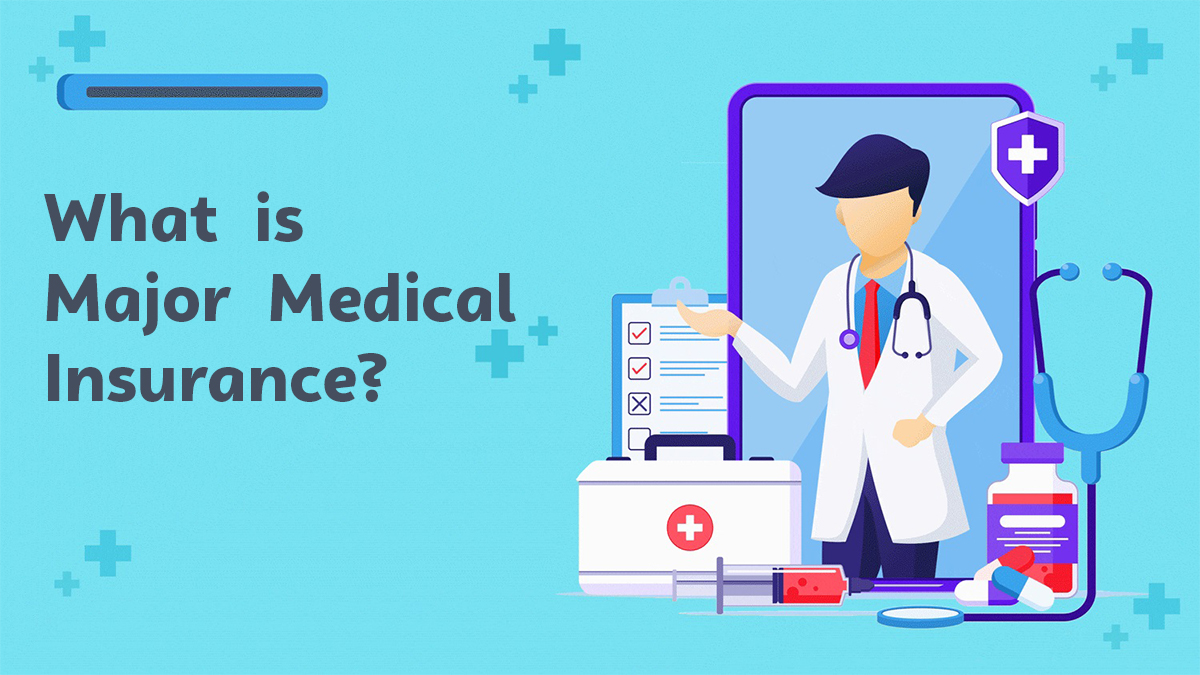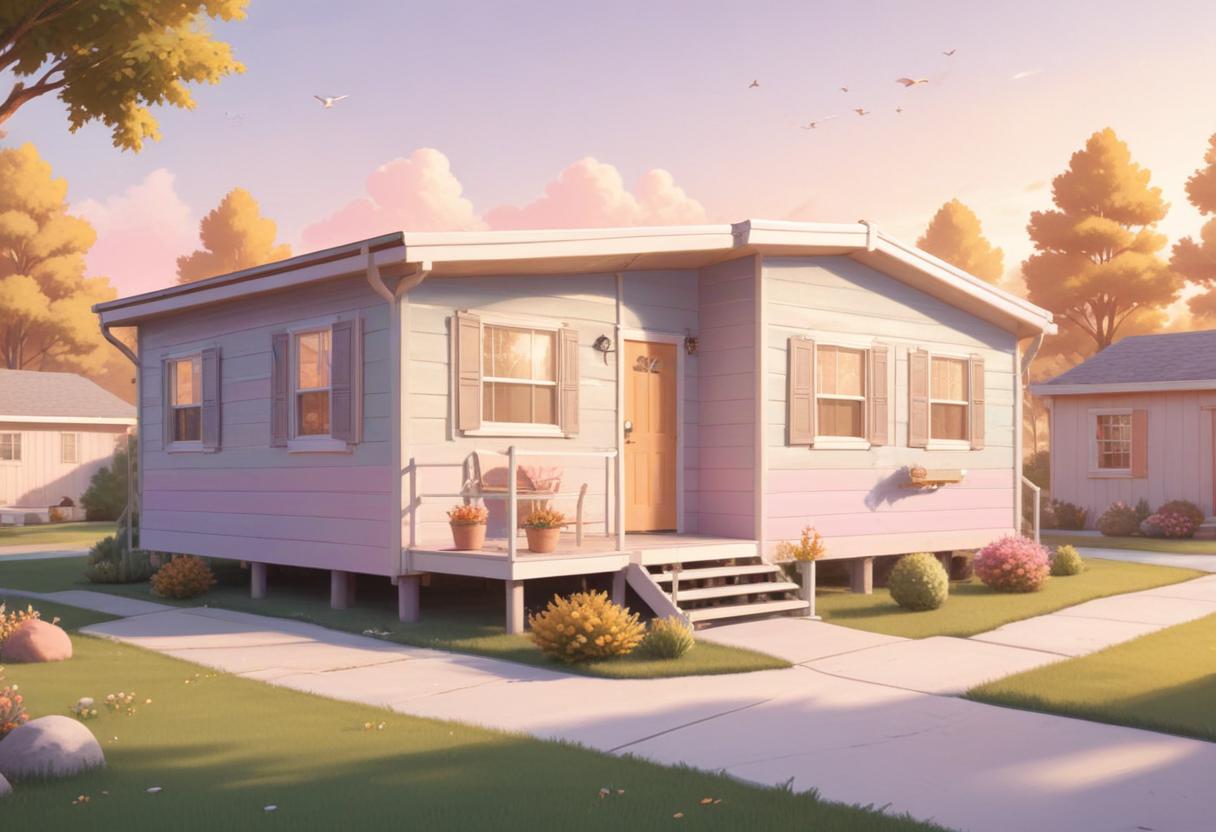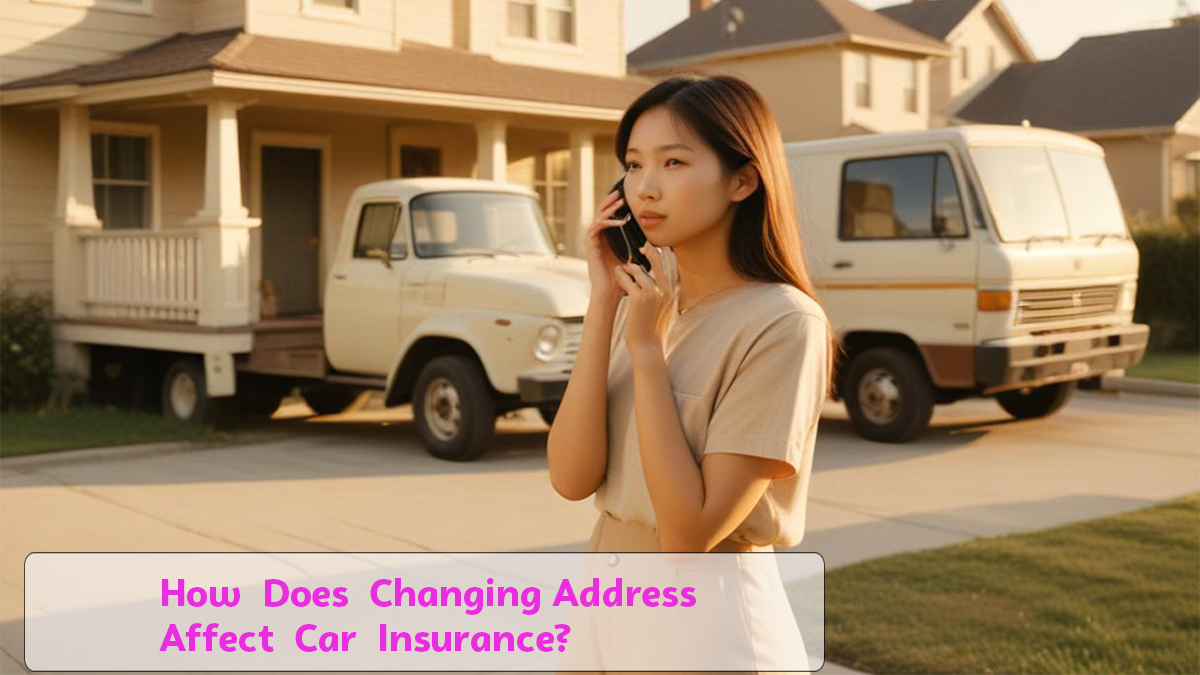If you operate a small venture that involves the sale, serving, and distribution of alcohol, then getting liquor liability insurance is important.

Liquor liability insurance is an insurance type that protects businesses that serve or sell alcohol. The policy covers damages and injuries caused by intoxicated individuals after they have been served or sold liquor.
This kind of insurance, which is mandated in the majority of states, pays settlements, medical expenses, repair costs, and legal fees in the event that your company is held accountable for an alcohol-related incident.
What Is Liquor Liability Insurance?
Liquor liability insurance, also known as dram shop insurance, is a type of insurance policy that covers enterprises that engage in selling or serving alcohol.
As earlier stated, this policy protects against claims of property damage or injury caused by an individual under the influence of the alcohol served by the bar or liquor shop.
Furthermore, this insurance policy has several types of coverage that could save you as a bar owner or liquor seller from unforeseen expenses from accidents caused by intoxicated individuals.
This coverage, however, includes legal expenses, medical expenses, repair costs, settlement, and judgment if your enterprise is responsible for a liquor-related issue.
How Much Does The Liquor Liability Insurance Cost?
The cost of liquor liability insurance is notably influenced by the percentage of income derived from alcohol sales.
For example, a bar generating 70% of its revenue from alcohol sales would likely face a higher premium compared to a restaurant with only 30% of its income from such sales.
In all, the average yearly expense for liquor liability insurance stands at $2,100 for bars and $600 for restaurants.
Factors That Affect Liquor Liability Insurance Cost
Several factors determine the cost of your liquor liability insurance. They include:
Coverage Limit
The extent of coverage you choose directly affects the insurance cost. Higher coverage amounts result in higher premiums.
Liquor Sales
The annual volume of liquor sales conducted by your business contributes to the overall cost of insurance.
State
Geographical location, as with other types of insurance, influences the cost of liquor liability insurance.
Industry
The nature of your business can also impact premiums; for instance, establishments like restaurants serving alcohol are often deemed higher-risk and consequently face higher premiums compared to retail stores hosting occasional wine tastings.
Claims History
Your business’s past history of liquor liability insurance claims can affect the premium, with a higher number of claims potentially leading to increased costs.
Why is Liquor Liability Insurance Expensive?
Liquor liability insurance is usually expensive because of its structure and the various factors that are considered when determining its cost. Some of these factors include:
Type of Venue
The risk associated with a venue is determined by its primary objective. Eateries primarily focused on food service generally pose less risk compared to nightclubs that offer entertainment.
Additionally, venues hosting concerts, special events, and those charging the public for alcohol may require specific coverage.
Location Of The Venue
In some states, liquor laws and dram shop laws differ significantly, impacting the average liability for alcohol-serving venues.
However, strict jurisdictions may also result in higher risk and expenses, while lenient ones can present their own challenges.
Percentage Of Liquor Sales
The proportion of alcohol sales directly influences premiums. A restaurant with a substantial amount of alcohol sales may be treated more like a bar. Meanwhile, bars with high liquor sales might be categorized as nightclubs.
Individual Risk Traits
Underwriters review crucially the nature of the venue, including entertainment, patrons, educational institutions, expertise, loss prevention measures, security arrangements, and more. Each of these traits contributes to the overall risk assessment and pricing of the policy.
What Does Liquor Liability Insurance Cover?
Liquor liability insurance provides coverage for certain things. They include:
- Medical costs if intoxicated individuals harm others.
- Property damage.
- Legal Fees.
- And Settlements.
What It Does Not Cover?
Insurance for injuries or harm caused by drunken customers does not extend to protecting your business property.
If you seek coverage for your building, inventory, and equipment, including potential damages resulting from a drunken individual, you should consider obtaining commercial property insurance.
In the meantime, here are some things that this insurance doesn’t cover:
No Coverage for Libel and Slander
For libel and slander claims, your general liability policy may offer protection, provided it lacks an exemption for alcohol-related claims.
Damages To Your Business Property
This insurance type does not extend to covering damage to your business property, even if it is caused by an intoxicated customer.
However, you can consider commercial property or a business owner’s policy (BOP) for covering the costs of repairing or replacing damaged or stolen business property.
Incidents Related To Underage Drinking
Insurance does not provide protection against incidents related to underage drinking. However, in cases involving a realistic-looking fake ID, legal recourse may be available.
Therefore, it’s advisable to train your employees to check identification for every individual and be vigilant for fake IDs.
Who Needs This Insurance Type?
A commercial activity that involves the sale or service of alcohol requires this insurance type to safeguard against financial losses or comply with state laws.
Certain industries, in particular, find this coverage more essential than others. Examples of businesses that may require coverage for liquor liability include bars and taverns, breweries and wineries, caterers, grocery stores, liquor stores, and restaurants.
How To Get Liquor Liability Insurance
Numerous business insurers offer liquor liability policies, making it advisable to compare quotes from different insurers to secure the best rate.
To get started, you can consult your existing small business insurer for other coverage types. Liquor liability insurance can be added as an endorsement to a general liability insurance policy, covered as a standalone policy, or incorporated into a business owner policy (BOP).
Lastly, contact small business insurers and obtain quotes specifically for liquor liability coverage. Your agent can assist you, or you may visit company websites to obtain online quotes.



